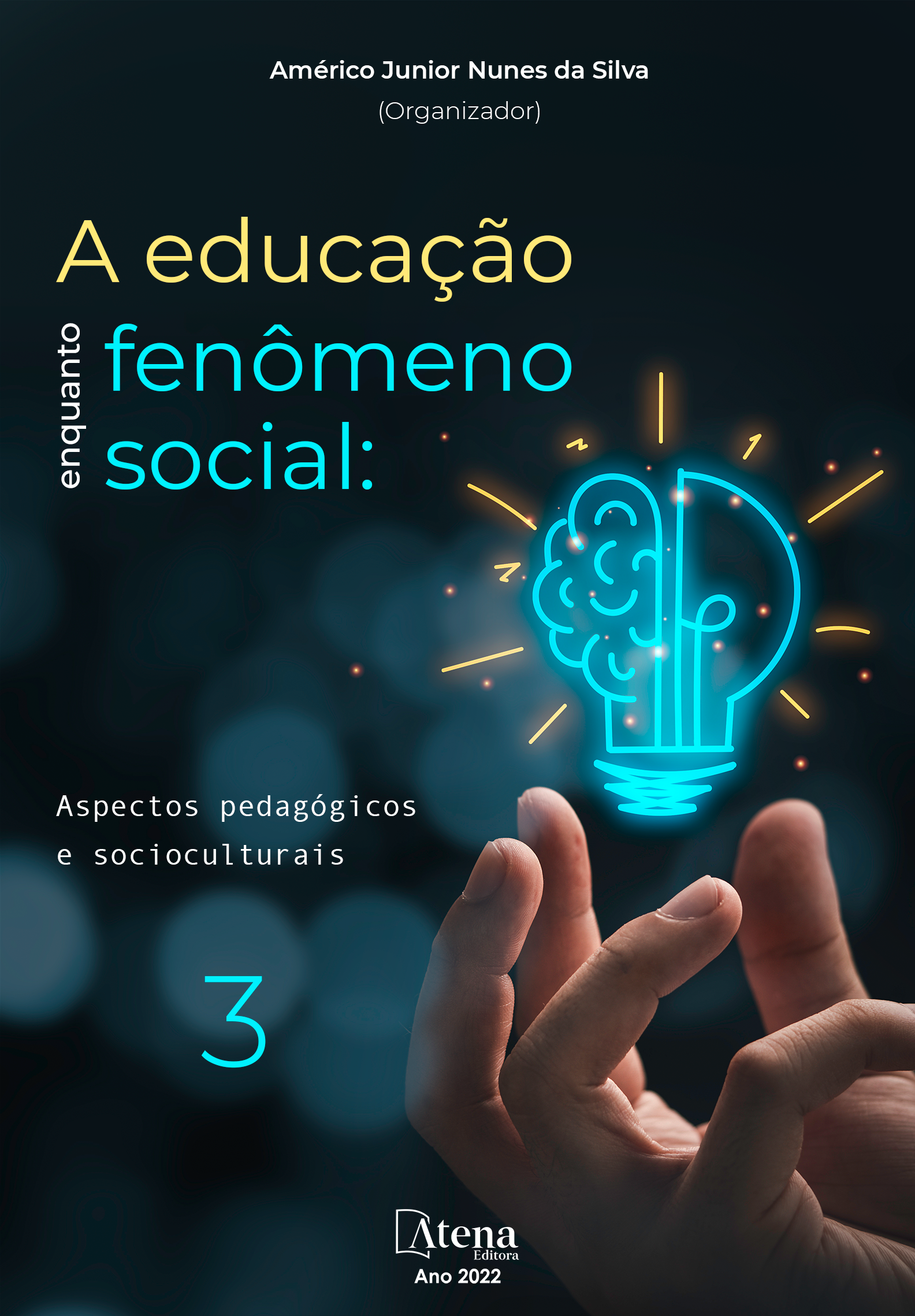
EDUCAÇÃO E AGRONEGÓCIO: IMPLICAÇÕES À FORMAÇÃO ESCOLAR DOS ALUNOS-TRABALHADORES DO CAMPO
O objetivo consiste em compreender as implicações à formação escolar dos alunos-trabalhadores do principal distrito do município de Casa Nova, no estado da Bahia, decorrentes das relações entre o agronegócio frutícola e educação desenvolvida no campo. O estudo pauta-se nos referenciais e pressupostos teórico-metodológicos do materialismo histórico e dialético. A escolha do locus de pesquisa em questão reside no fato de o referido distrito ser uma grande área de abrangência do agronegócio, destacando a presença de muitas empresas agrícolas (fazendas e vinícolas), de alta produção frutícola em Santana do Sobrado e adjacências. Quanto à coleta de dados, utilizamos, além da análise em documentos, da pesquisa participante (observação e entrevistas) e do levantamento de dados, cujo instrumento foi o questionário aplicado com os alunos e professores da comunidade estudada. As conclusões apontam para uma superexploração da força de trabalho dos jovens do campo, realizada pelas fazendas do agronegócio frutícola. Embora se utilize da forma contratual, imposta pela legislação trabalhista, coexistem formas de contratação precárias, de curtas temporadas e que obedecem às vontades dos proprietários agrários em obter seus superlucros, mediante os altos ganhos com as exportações e com o trabalho superexplorado e não pago (mais-valia) extraído dos trabalhadores. Diante das duras jornadas de trabalho, os alunos sentem a dificuldade de estudarem. Primeiro, por não conseguir conciliar, facilmente, o trabalho com a escola e, segundo, pelo esvaziamento dos conteúdos escolares e pela desorganização do ensino oferecido.
EDUCAÇÃO E AGRONEGÓCIO: IMPLICAÇÕES À FORMAÇÃO ESCOLAR DOS ALUNOS-TRABALHADORES DO CAMPO
-
DOI: 10.22533/at.ed.90522120520
-
Palavras-chave: Educação, agronegócio, formação escolar, alunos-trabalhadores.
-
Keywords: Education, agribusiness, schooling, student-workers.
-
Abstract:
The objective is to understand the implications for the school education of student-workers in the main district of the municipality of Casa Nova, in the state of Bahia, resulting from the relationship between fruit-growing agribusiness and education developed in the countryside. The study is guided by the theoretical-methodological frameworks and assumptions of historical and dialectical materialism. The choice of the research locus in question resides in the fact that the aforementioned district is a large area of agribusiness coverage, highlighting the presence of many agricultural companies (farms and wineries), with high fruit production in Santana do Sobrado and surrounding areas. As for data collection, we used, in addition to document analysis, participant research (observation and interviews) and data collection, whose instrument was the questionnaire applied to students and teachers of the studied community. The conclusions point to an overexploitation of the work force of young people in the countryside, carried out by fruit agribusiness farms. Although it uses the contractual form, imposed by labor legislation, precarious forms of contracting, of short seasons coexist and that obey the will of the agrarian owners to obtain their super profits, through the high gains with exports and with the super-exploited and unpaid work ( surplus value) extracted from workers. Faced with the hard working hours, students find it difficult to study. First, for not being able to easily reconcile work with school and, second, for the emptying of school contents and for the disorganization of the teaching offered.
-
Número de páginas: 17
- Franciel Coelho Luz de Amorim
- Maria Jorge dos Santos Leite


